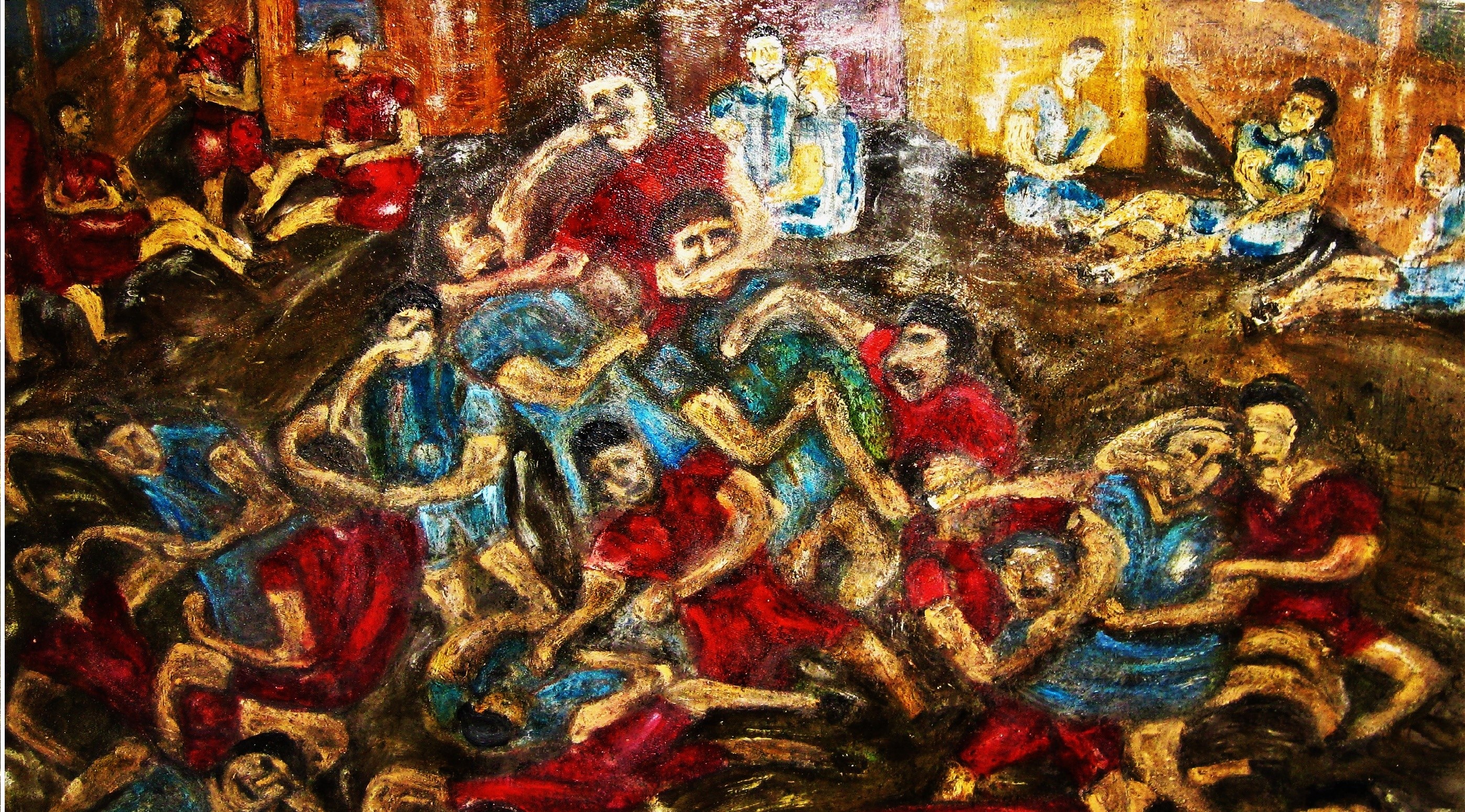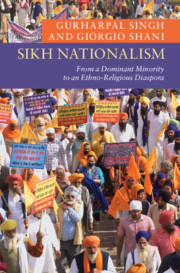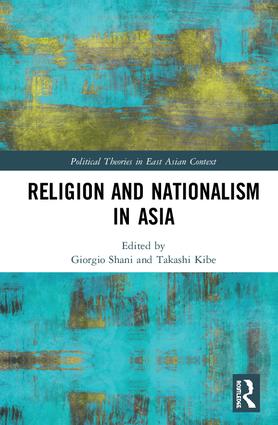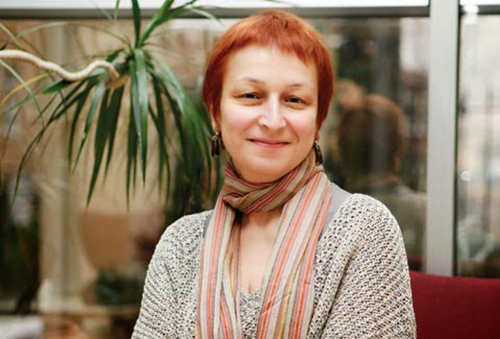Call for Papers: Strictly observant religion, gender and the state
Conference held at the Woolf Institute, Cambridge
March 25-26, 2019
This conference seeks to address the question how strictly observant religious groups or "fundamentalists" (Harding 2001) challenge two basic principles within contemporary societies: gender equality and the modern state. The conference will bring together political scientists, sociologists, social anthropologists, gender studies scholars, postcolonial scholars, theologians and religious studies scholars to discuss different approaches to the contestations over gender roles, patriarchy and the politics of sexuality between and across strictly observant religious groups and the nation state. In the broadest sense, it seeks to address the question, what happens when fundamentalist groups and the state interact concerning questions of gender and sexuality?
Drawing on Martin Riesebrodt's work on fundamentalism as “patriarchal protest movement” (1992, 2000), the conference seeks to investigate what role gender plays for the persistence of self-identifying strictly observant, fundamentalist, exclusivist, (ultra)orthodox, traditionalist, or socially conservative religious people in their interaction with state actors at different levels. The conference aims to address the question how particularly the changing role of women and embodied religion within and outside fundamentalist movements poses challenges to established religious authorities (Stadler 2009). As the work of Saba Mahmood (2005) and Anabel Inge (2016) demonstrates, women play an increasingly important role in the organisational structures and recruitment successes of strictly observant religious movements. At the same time, gender inequality remains a pivotal building block of these groups. Thus, building on the work of Talal Asad (2003, Asad et al 2009), it is incumbent for researchers to investigate how the family, marriage (Chambers 2017), LGBTQ+, the “sanctity” of women and "hegemonic masculinity" (Connell and Messerschmidt 2005) are mobilised as crucial arenas of religious and political assertion against both the religious establishment and the nation state in different religious, social and spatial contexts (Pateman and Mills 2007).
The struggle over the role of women is closely connected to the contested relationship between fundamentalists and the nation state (Fischer 2009). Torkel Brekke's (2011) claims that the modern nation state in its different varieties of secularism has always functioned as a crucial target for fundamentalist struggles, for example for a Caliphate State, a Christian Dominion, or a Jewish homeland. The conference seeks to address the question on what grounds strictly observant movements challenge or are at odds with key tenants of the modern state, particularly in relation to the role of women, LGBTQ+ and the family. It seeks to uncover to what extent and for what reasons certain aspects of state are accepted, which could include e.g. socio-economic support, health infrastructure, or legal protection of religious freedom, and what elements of the state are actively challenged, for instance certain aspects of secular family law, equality legislation, dress regulations, counter-extremism policies, institutionalised discrimination, or foreign policy and development aid.
The conference seeks to address, among others, the following questions:
· How should we conceptualise the relationship between strictly observant religion, gender and the state?
· What are the analytical and ethical challenges of different conceptualisations of these groups as "strictly observant", "fundamentalist", "socially conservative" etc. and what methodologies should we employ that are appropriate and sensitive to power-dynamics between researchers and researched groups, especially in postcolonial contexts?
· How are strictly observant groups' attitudes and practices regarding gender and sexuality being perceived by different state and non-state actors?
· How do strictly observant groups interpret the relation between gender roles, sexuality, and various dimensions of the state, including state apparatus, populations, spaces and political ideas?
· To what extend do changing gender norms in society challenge, stabilise, or transform gender norms and conceptions of the self in strictly observant religious movements and how does this intersect with categories such as class, race, age, and disability (cf. Yuval-Davis 2010)?
· How does a secular “politics of sexuality” contribute to governing the lives of or dis/enabling agency across strictly observant and other religious and non-religious individuals and groups?
· What concepts, theories, narratives, languages, theologies, disciplines, materialities, affects and practices are mobilised in the struggles around the role of gender and sexuality strictly observant groups and the state are enmeshed in?
Scholars from the fields of political science, sociology, social anthropology, gender studies, postcolonial studies, theology, study of religion and adjacent disciplines are invited to submit contributions that aim to make an original theoretical or empirical contribution focusing on one or more religious traditions and political settings.
Confirmed Keynote Speaker
Prof Torkel Brekke, University of Oslo and Peace Research Institute Oslo (PRIO)
Organisers
Tobias Müller, post-doctoral Junior Research Fellow, Woolf Institute
Dr Ed Kessler MBE, Founder Director, Woolf Institute
Call for Papers and Format
Name, Institution/affiliation, short-biography, contact details must be submitted along with abstracts (max 300 words). All abstracts should be sent by October 20, 2018 to Tobias Müller (tm498@cam.ac.uk) and Ed Kessler (edk21@cam.ac.uk). Applicants will be notified by November 1st about the outcome of their submission. The format will involve sending the workshop paper (2000-3000 words) to the relevant discussant three weeks ahead of the workshop (March 4, 2019). Participants will be asked to prepare a presentation of 15 minutes to leave ample time for discussion. Following the workshop, participants will be invited to submit developed and revised papers for a special issue of a top journal or an edited volume of a leading publisher.





